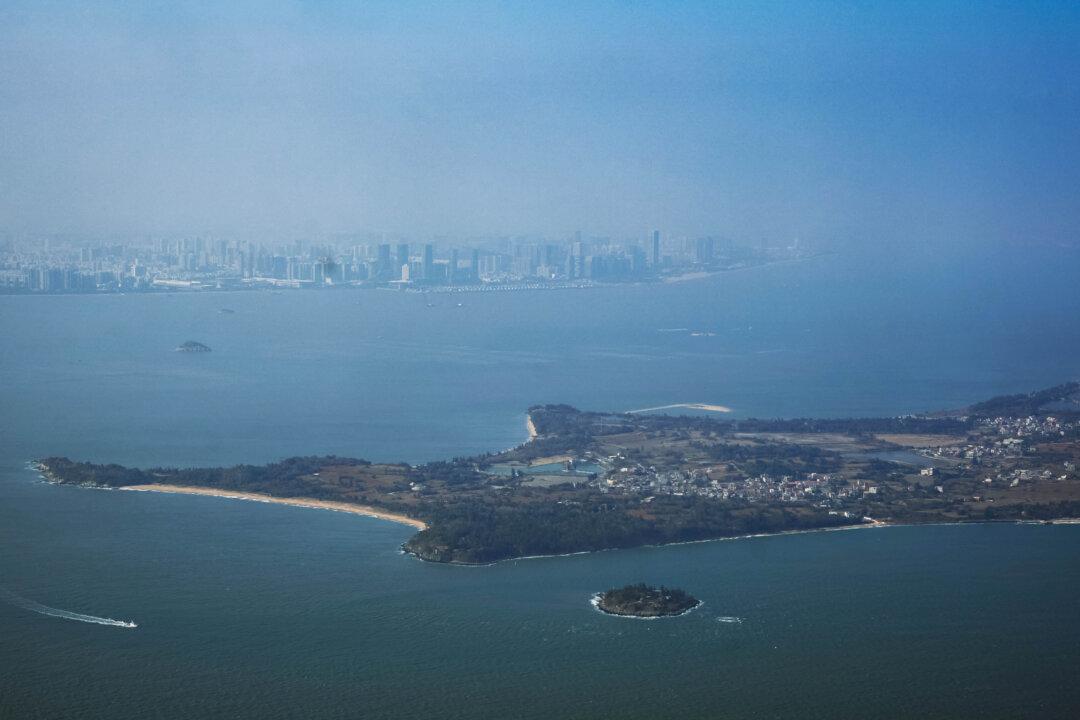Commentary
Communist China’s violations of Taiwanese airspace and sea space are a physical indication Beijing targets Taiwan as the world’s next Ukraine.

Communist China’s violations of Taiwanese airspace and sea space are a physical indication Beijing targets Taiwan as the world’s next Ukraine.